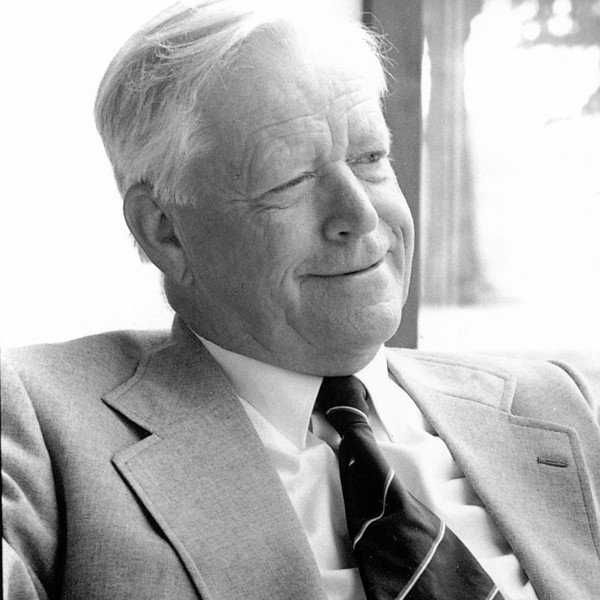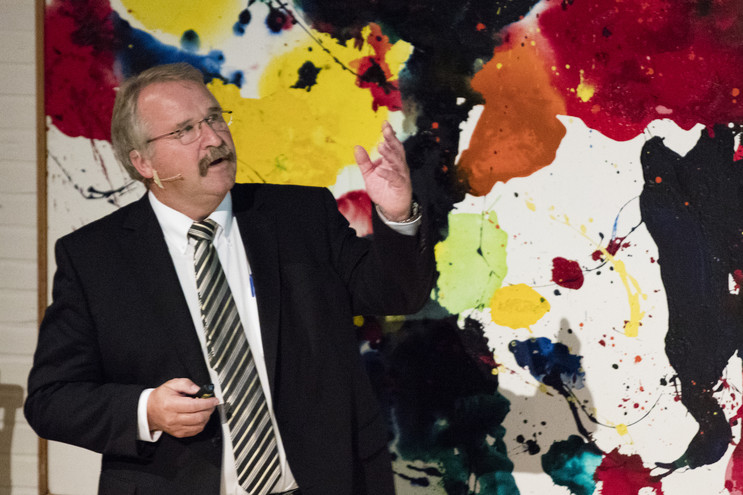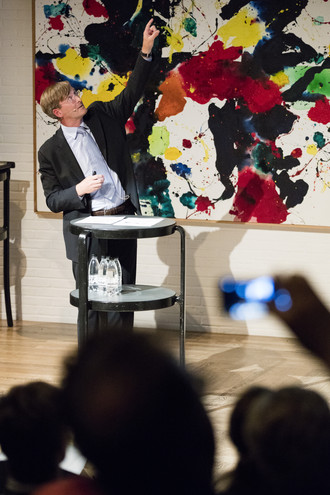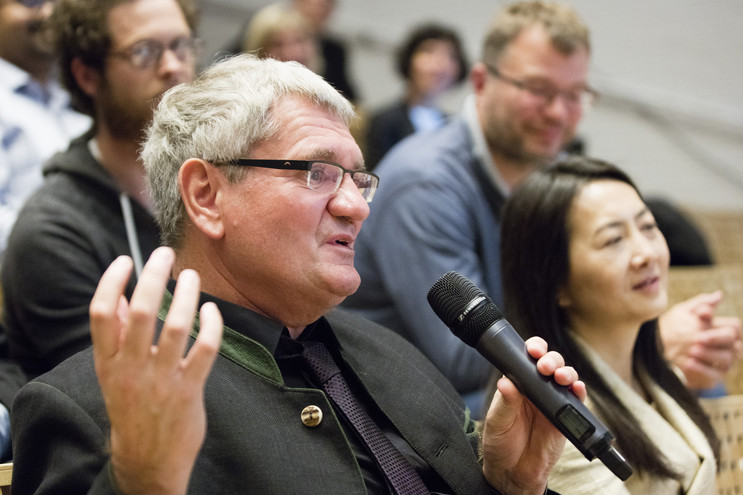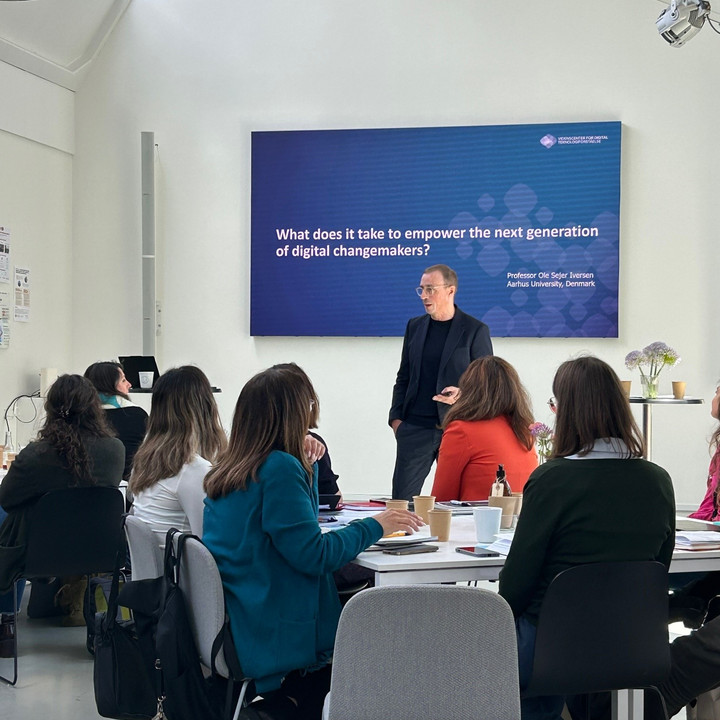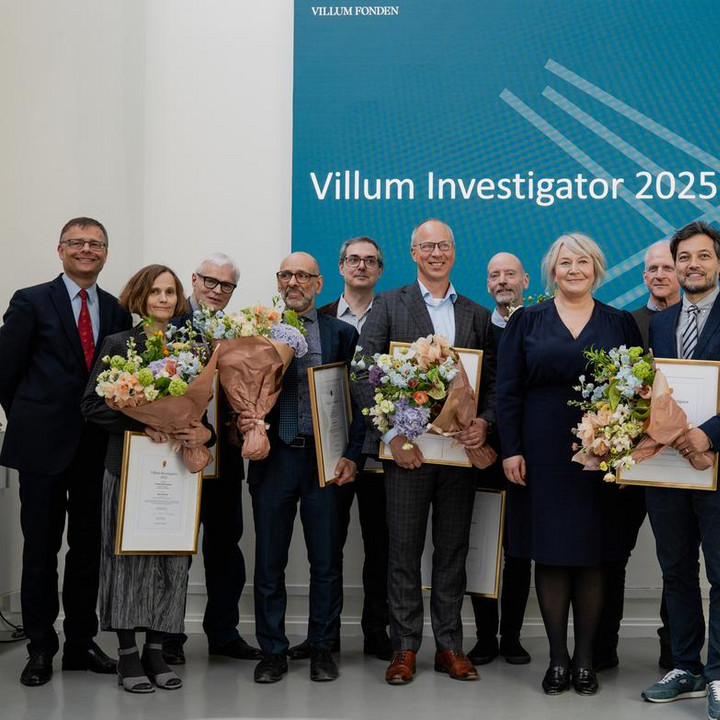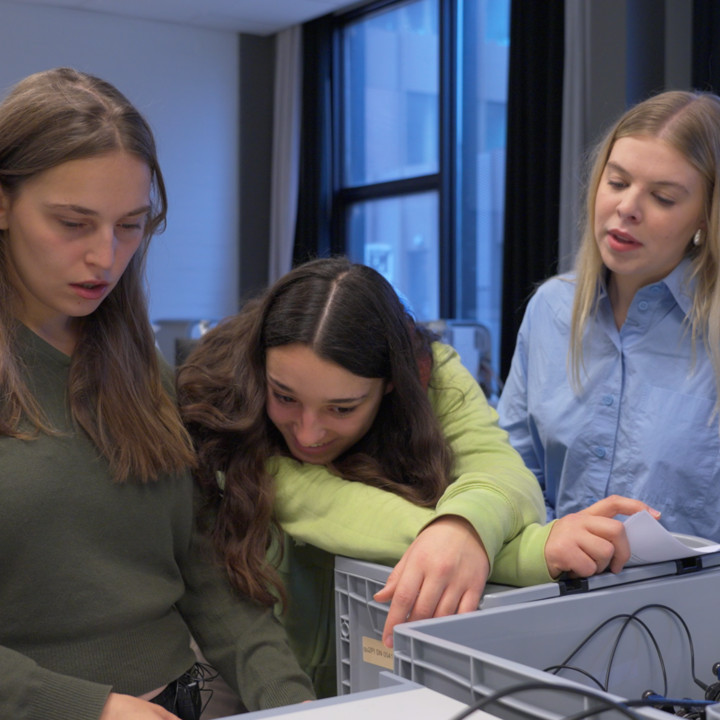New center for the Science of Sustainable Fuels and Chemicals is off to a good start
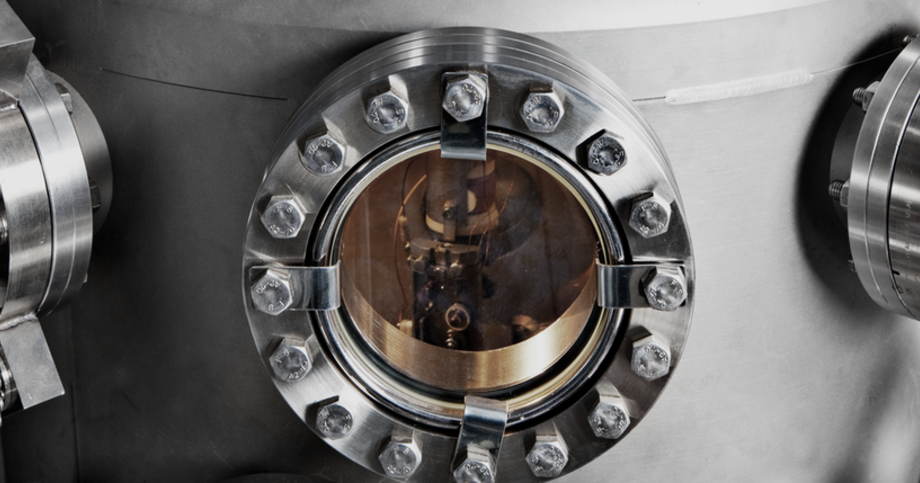
With an anniversary grant of DKK 150 million DKK, VILLUM FONDEN will enable a group of the world´s leading researchers in seeking new energy, fuel and chemicals alternatives to replace oil and coal. The key lies in the optimisation of process catalysts, which will be the focal point of the center's research efforts. Minister for Higher Education and Science Ulla Tørnæs officially inaugurated the center 10 August 2016.
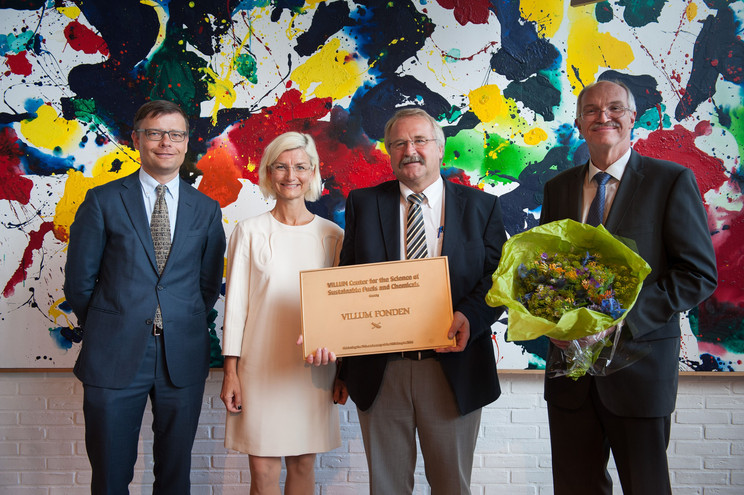
“The government´s objective for Denmark is to be fossil fuel independent by 2050. Research into new solutions in fuel and energy is an important element in achieving the government's green ambitions. It is essential that we work together across borders - both between public research institutions and private companies and between countries. The new center at DTU is a good example of this, and I´m delighted by the substantial grant from VILLUM FONDEN, "says Ulla Tørnæs.
VILLUM Center for the Science of Sustainable Fuels and Chemicals will receive an anniversary grant of DKK 150 million DKK over the next eight years marking the 75th anniversary of the VKR Group.
Collaborators in VILLUM Center for the Science of Sustainable Fuels and Chemicals:
• DTU - Technical University Denmark
• Stanford University
• University of Copenhagen
• Southern Danish University.
Research at the centre focuses on solving two of the major challenges of the transition from fossil fuels to renewable energy sources.
1. More efficient storage of renewable energy
2. Alternatives to the production of chemicals, plastics and other materials, currently produced by oil and coal
The key to both challenges is to develop better catalysts to promote the various chemical processes. The center's research will be carried out through six sub-projects that have different disciplinary approaches thus completing each other in the work to improve the catalysts.
DTU has a clear ambition to be a leader in research, knowledge and technological development in the energy research and therefore welcomes the new research center.
World leader in the energy sector
"DTU is on international ranking lists named as Europe's leading and the world's second best technical university in Energy Science and Engineering. This is partly due to our extensive international collaboration proven by the new VILLUM Center. The Center's permanent staff will include both distinguished Danish and foreign researcher as well as a large number of Danish and foreign experts that will undergo further training in the development of energy technologies under the auspices of the new center", says Anders Bjarklev, President at DTU.
New workplaces
The center will employ 75 young PhD students and postdocs over the next eight years, which will subsequently bring new knowledge and skills not least for the business sector. "I am also pleased to emphasize that the basic research in catalysts, which will continue at the center has provided the basis for a couple of spin-out companies from DTU focusing on catalysts, e.g. for diesel engines. I hope that the Center will continue to contribute to this kind of innovation and new job creations," concludes Anders Bjarklev.
Protecting Earth's climate and the environment
The new research center has emerged based on VILLUM FONDEN´s anniversary grant of DKK 150 million marking the VKR Group's 75th anniversary, and represents the foundation´s largest ever research grant. The hope is that the grant will contribute towards the long-term protection of the Earth's climate and the environment - without the need for drastic cuts in the current energy consumption that our society is based on today.
Visions of ground-breaking results
Denmark is a world leader in knowledge and production of catalysts - and in combination with among others Stanford's strong theoretical environment in the field the researchers hope to achieve extraordinary results.
"My dream is that our work in the new centre will result in a research breakthrough. It would be fantastic if we succeed in developing the technology making it possible to harvest 20 times as much energy using solar cells in a given area in the form of, for example ethanol, compared with what you can achieve with energy crops. Or to find a replacement for aviation fuel so we can fly without using fossil fuels," says Professor Ib Chorkendorff.
He adds, however, that it is difficult to predict research over the next eight years. "Our research is treading on unfamiliar ground, so the extraordinary results can come from any number of fields".
In 2016 we celebrate the VKR Group´s 75th anniversary.
